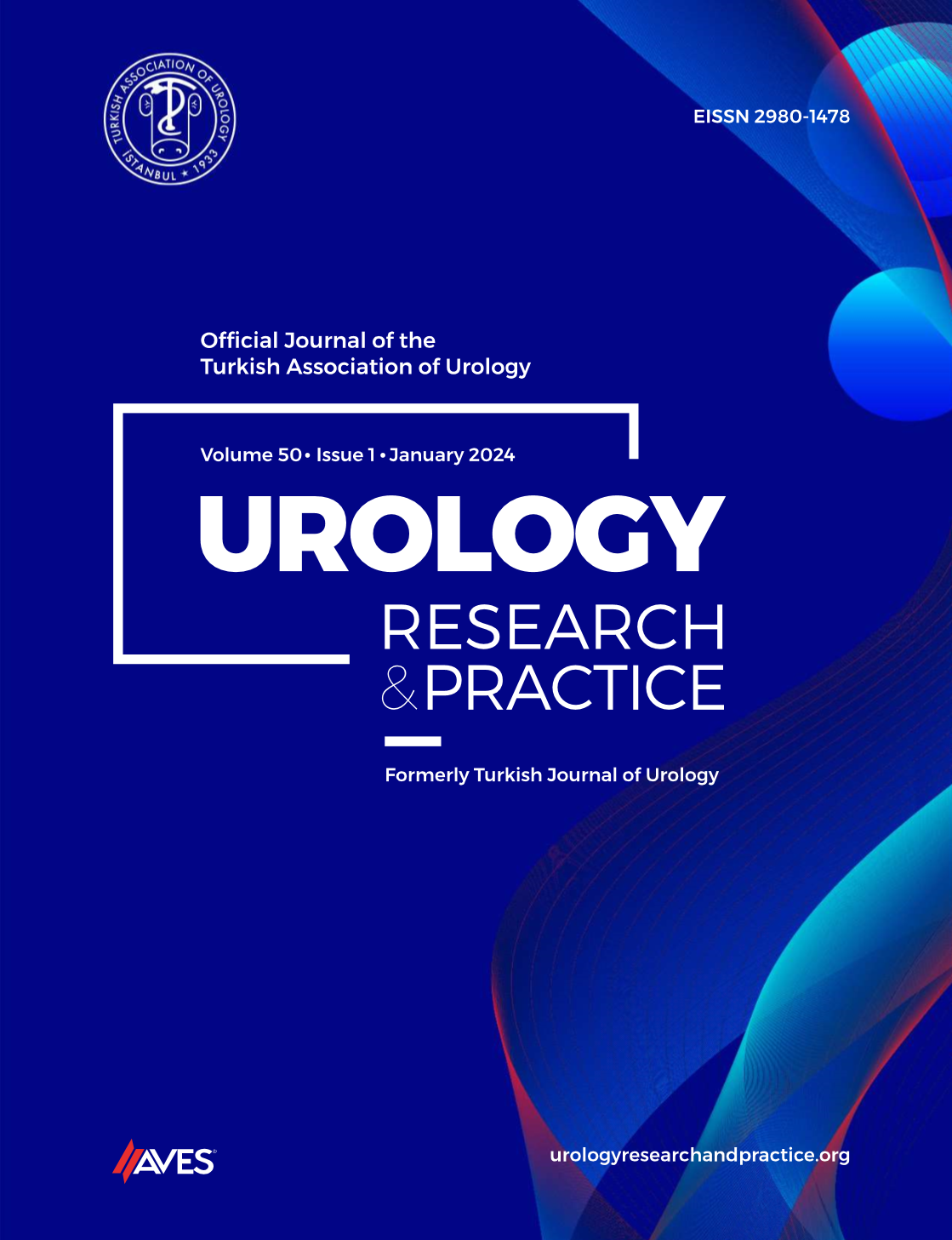Abstract
Objective: To evaluate patient’s recall of pretreatment counseling for radical prostatectomy and radiation therapy for the treatment of prostate cancer.
Material and methods: A retrospective review of all patients presenting to our reconstructive urology clinic for the management of the complications of prostate cancer treatment was conducted over 24 months. Patients treated with only surgery or radiotherapy were included in the study. Patients were asked a standard series of questions to assess their recall of their pre-prostate cancer treatment counseling.
Results: We identified 206 patients that met inclusion criteria. Of those, 153 underwent radical prostatectomy and 53 patients received radiation therapy. Median age at presentation was 72 years in the surgery group and 75 in the radiation therapy group. Mean time since treatment was 8.8 years in those that recalled being counseled and 9.9 years in those who did not (p=0.21). In the surgery group, the adverse effects experienced by 119 (77.8%) patients recalled, and counselled were related to the risk of treatment. In the surgical patients that had records with documentation of pretreatment counseling, 41/48 (85.4%) endorsed recall. In the surgery group, 117 (76.5%) stated that their treating physician was aware of their complication. In the radiation group, 5 patients (9.4%) endorsed recall (p<0.0001). In the subgroup of radiation patients with documentation of pre-treatment counseling, no patients endorsed recall. In the surgery group, 117 (76.5%) patients stated that their treating physicians were aware of their complication, while in the radiation group, only 16 (30.2%) of treating physicians were aware of the complications (p<0.0001).
Conclusion: Patient recall of potential complications of prostate cancer treatment is poor. It’s unclear if this is secondary to poor recall, selective memory loss or inadequate counseling.
Cite this article as: Lomas DJ, Ziegelmann MJ, Elliott DS. How informed is our consent? Patient awareness of radiation and radical prostatectomy complications. Turk J Urol 2019; 45(3): 191-5.

.png)


.png)